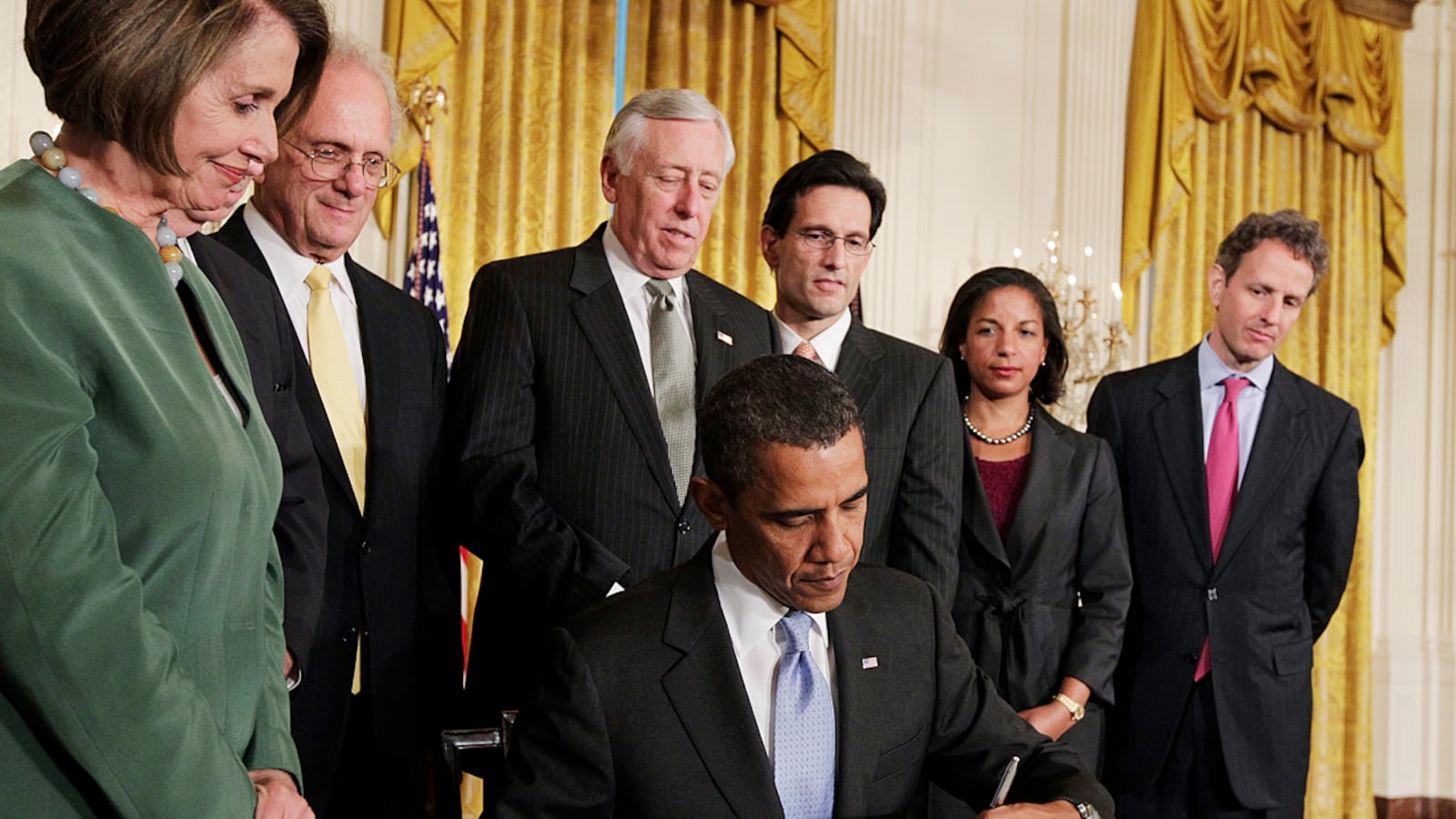Last week The Wall Street Journal reported that efforts by the government of Iran to ease the effects of Western sanctions by redistributing a portion of the nation’s wealth suggests that the economic pressure is having an effect. But it is a little early to celebrate. The Iranian nuclear-weapons research program seems to be proceeding apace. What one is seeing instead in the decision by the Iranian government to restructure the economy is an effort to alleviate the way that sanctions work in real life.
Economic sanctions rarely hurt a disfavored regime or its powerful supporters, at least in the short run. They hurt those at the bottom of the ladder. This is a point that we Westerners, with our addiction to the imposition of sanctions to punish bad behavior, should take more seriously than we do.
The usual sanctions story involves what is happening in Madagascar. Sanctions were imposed two years ago, after a military coup (not an uncommon episode in the island nation) toppled President Marc Ravalomanana. People are suffering. Food is scarce. The economy is tottering. The U.N. rapporteur has called for the lifting of the sanctions, which is what always happens when they begin to bite.
And bite they do. But they bite at the bottom. This has always been the problem with the West’s sanction addiction. Sanctions nip at those whose lives are already marginal. The Madagascar sanctions exclude medicine and food. Nowadays, so-called smart sanctions always do. But when you are dealing with an authoritarian regime, this exclusion softens the blow to the regime and its biggest supporters. Dictators everywhere try to control the economy, to funnel resources to their friends. If sanctions allow the importation of limited amounts of food and other necessities, the regime will hardly put the poor first in line. On the contrary: The food and medicine will go to the military, to the party leaders, and to the wealthy and powerful who support the party.

Madagascar is only the most recent lesson, but history’s teachings could hardly be clearer. There have been sanctions as long as there has been warfare, and it is always the poor on whom they fall first. Even in Iraq, where U.N. sanctions lasted more than a decade, the regime, with the cooperation of Western firms, had little trouble bleeding off tens of billions of dollars from the “Oil for Food” program for its own use, even as Iraqi leaders blamed the sanctions for widespread starvation.
Our preference for sanctions over direct military force is hardly a preference for nonviolence. Sanctions simply displace the violence from the powerful onto the weak. Sanctions, says the philosopher Richard Norman, use coercive force to “inflict suffering on people who are ‘innocent’ in the sense that they are not individually responsible for the actions which sanctions are intended to oppose.”
This is the point to remember. When we impose sanctions, we are using force to punish the poor. In the long run, the regime might indeed begin to totter: This is the entire point. As necessities grow scarce, the suffering will spread, from the poor to the middle class, and perhaps higher. At that point—we hope—the regime itself will either change its ways or face collapse. (If we do not believe this will happen, then the imposition of sanctions would seem a most immoral act, forcing others, but not ourselves, to endure hardship so that we might feed our righteousness.)
President Obama has more than once cited the theory of just and unjust wars as the proper guidepost for the use of force abroad. But the theory has trouble explaining economic sanctions, precisely because of their tendency to target the poor. A fundamental principle of just-war theory holds that you may target only combatants. A system of sanctions targets noncombatants, not by accident but by design. Sanctions seek to change the behavior of a regime by launching indirect attacks at those at the bottom.
Curiously, although we are quite willing, through sanctions, to harm innocents abroad, we tend to construct the rules in ways that exempt ourselves. Here the academic literature is clear: Sanctions are almost always constructed in a way that spares the economy of the sanctioning nation. Consider the Obama administration’s new sanctions against the Venezuelan national oil company, Petroleos de Venezuela SA, for delivering large quantities of “reformate” (an intermediate petroleum product) to Iran this year. Although the punishment includes, for example, bans on export assistance and American government contracts, there is no restriction on private sales within the U.S., and we will continue to import a hefty 1.2 million barrels of oil a day from PDVSA. (The Hugo Chavez regime claims it may cut shipments in retaliation, but the Venezuelan economy is such a mess, and the need for hard currency so intense that nobody takes the threat seriously.)
Very well. Sanctions punish the poor; and they tend to be crafted to avoid any sacrifice by the sanctioner. They might nevertheless be worth it, if they actually worked. Here the academic literature offers a sobering view. Comparisons are difficult, but economists and political scientists who have tried offer troubling numbers. The highest estimate in the serious scholarship is that sanctions succeed in no more than one-third of the cases where they are imposed. A more conservative estimate may be closer to 5 percent—that is, one in 20.
Moreover, effective administration of a regime of sanctions presents a formidable collective action challenge: Countries you think are on your side lie and cheat. There are success stories—South Africa, say—but there are also spectacular failures. Sanctions failed to prevent North Korea from developing nuclear weapons and ballistic missiles to deliver them. Sanctions failed to stop the rearmament of Germany between the World Wars.
In the case of Iran, the sanctions are manifestly failing, unless their point was to force the government to redistribute the wealth. The regime is proceeding with its nuclear weapons development, and may even be picking up the pace. Western experts differ on how close the regime is to completing its research. The head of Israeli military intelligence recently estimated that Iran may have the capacity to build at least one nuclear explosive device by next year.
Things may change. The Iranian regime may give up its nuclear dreams, making the world that much safer, and, incidentally, handing the Obama administration a much-needed foreign-policy victory. But no matter the result in Iran, let us remember, the next time we debate the imposition of sanctions on a rogue state, exactly whom we are really punishing.






